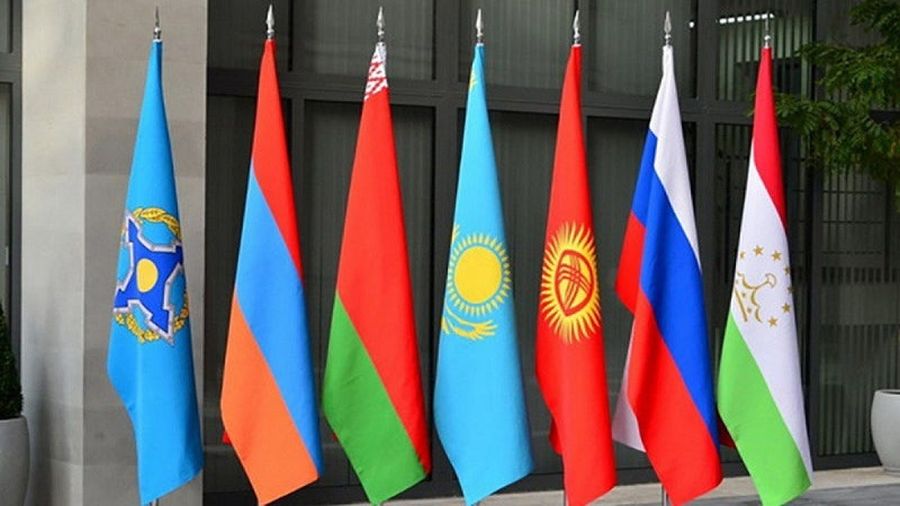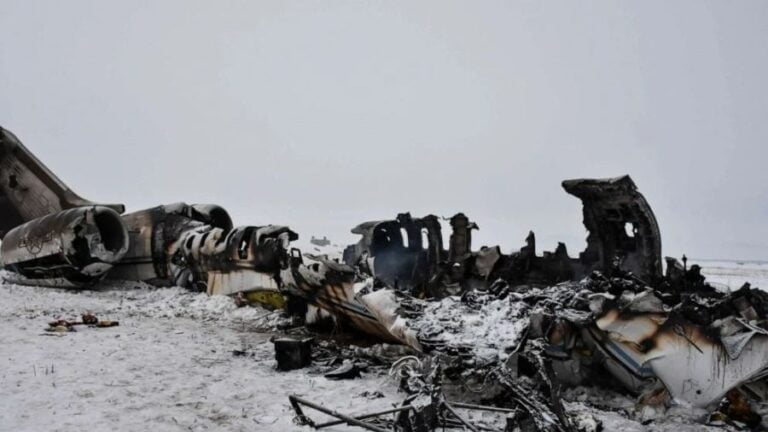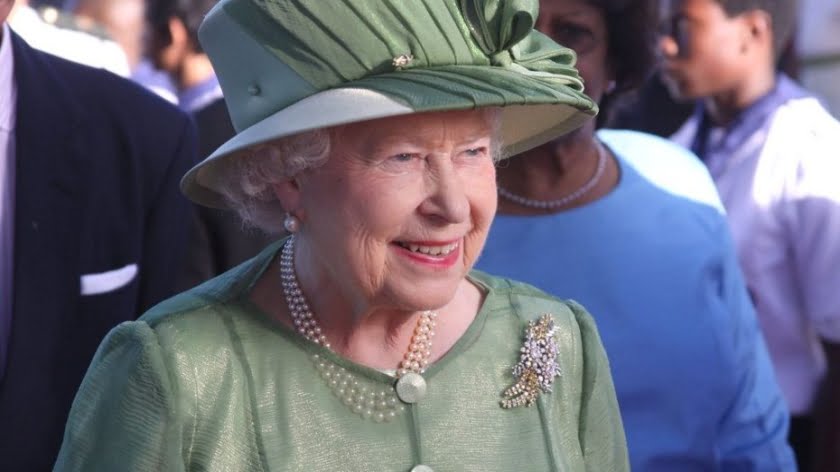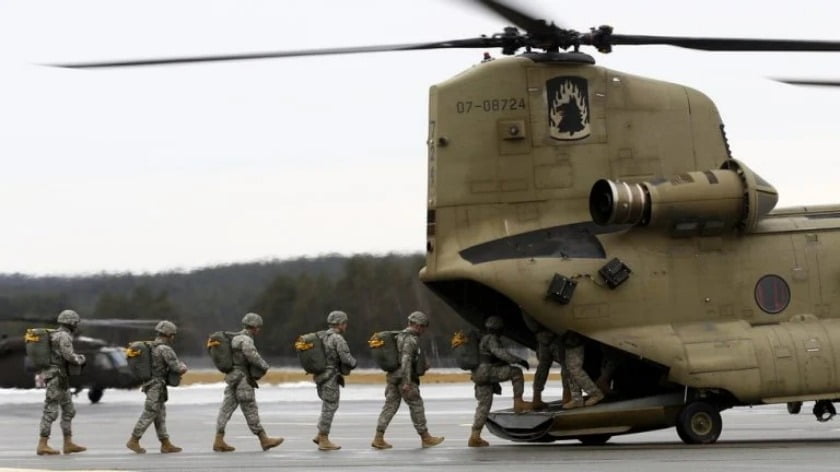Afghan-Emanating Terrorist Threats Are Truly Among The CSTO’s Top Security Challenges
Afghan-emanating terrorist threats likely won’t abate anytime soon since their resolution requires: the US unfreezing that country’s funds to facilitate its sustainable reconstruction; meaningful progress being made by the Taliban in tangibly improving people’s socio-economic standards; and that group finally forming a truly ethno-regionally inclusive government. None of that’s in the cards right now so closer CSTO coordination is needed in order to manage these threats.
This week’s CSTO Summit in Yerevan saw President Putin correctly identifying Afghan-emanating terrorist threats as truly being among the bloc’s top security challenges. For context, here’s exactly what he told his peers during his speech according to the official Kremlin website:
“I share the concerns of my colleagues who spoke about the situation in Afghanistan – it certainly remains complicated. The threat of militants from different international terrorist organisations penetrating the CSTO member states’ territories remains high. The spread of extremist ideology among the people of the Central Asian countries promotes the risk of increased activity of the radical underground in the region. In effect, this concerns all our countries.
We consider further close coordination within the CSTO framework on all key aspects of Afghanistan’s problems to be extremely important. Our competent services must continue working tightly on identifying the threats of terrorism, extremism and drug crimes quickly. Naturally, it is necessary to neutralize these threats through joint special operations and the rapid response measures that have proven their efficiency.
We will facilitate stabilisation in Afghanistan through other multilateral mechanisms as well. I would like to tell you that last week the Russian capital hosted a meeting of the Moscow format consultations: Russia-China-Pakistan-Iran-India and five Central Asian countries. The priority task at this point is to ensure the formation of a truly inclusive Afghan government that would involve all ethnic groups at the necessary levels.”
This is an accurate assessment of the situation. ISIS-K remains a force to be reckoned with in Afghanistan as its occasional terrorist attacks, including early September’s against the Russian Embassy in Kabul, attest. Despite the Taliban’s best efforts, the country’s de facto leaders can’t fully defeat that group.
That’s a problem for all responsible stakeholders in the region, especially those that are part of the CSTO like Tajikistan, Kyrgyzstan, and Kazakhstan. President Putin rightly warned about how ISIS-K is seeking to penetrate their countries, both physically under the guise of refugees like Russia has previously raised awareness about and also ideologically when it comes to the proliferation of their terrorist propaganda. This two-pronged infiltration operation does indeed risk destabilizing the region.
Sharing intelligence and commencing joint kinetic responses can only go so far in managing these Hybrid War threats since the crux of the problem is that the stability of post-occupation Afghanistan remains hamstrung for several reasons, thus resulting in it becoming a regional incubator of terrorism. The US continues to hold several billion dollars of its foreign reserves, thus preventing the Taliban from using those funds for the purpose of sustainably reconstructing their country.
The Afghan people’s deteriorating socio-economic standards make some of them more susceptible to terrorist propaganda and related financial incentives than they’d otherwise be if their lives were tangibly improving, thus facilitating ISIS-K’s recruitment. Even among those that aren’t tempted to join those terrorists’ ranks, many still participate in the drug trade in order to help make ends meet, which worsens criminality, inevitably contributes to funding terrorism, and keeps Afghanistan underdeveloped.
Truth be told, the Taliban is also partially to blame for their country becoming a regional incubator of terrorism due to its stubborn refusal to assemble an ethno-regionally inclusive government like it previously promised to do. Keeping Tajiks and other minorities out of power naturally generates resentment, which in turn fuels conflict, including through the inadvertent encouragement of radical Pashtun nationalism that sometimes leads to extremists actively oppressing others on that basis.
This problem is systemic in the sense that the Taliban has always incorporated a degree of Pashtun nationalism into its message, much more so in recent years than previously. Its ranks have always been somewhat divided too given the nature of its movement as more of a united front of religiously driven Pashtun nationalists than a completely cohesive organization. Internal differences among members are therefore partially managed by retaining their government’s ethno-regional exclusivity.
All of this insight suggests that Afghan-emanating terrorist threats likely won’t abate anytime soon since their resolution requires: the US unfreezing that country’s funds to facilitate its sustainable reconstruction; meaningful progress being made by the Taliban in tangibly improving people’s socio-economic standards; and that group finally forming a truly ethno-regionally inclusive government. None of that’s in the cards right now so closer CSTO coordination is needed in order to manage these threats.







